It is not easy for women to talk about their experiences of imprisonment, torture, and sexual violence. It is not easy to tell psychologists about what happened, although they know how not to hurt their clients. It is all the more difficult to speak while testifying to law enforcement officers, not all of whom are tactful. It is even more difficult – with journalists, as everyone acknowledges that what is said is destined to be made public. But despite everything, in the first place, these women agree to speak so that criminals are exposed and punished, and such crimes are minimized or disappear.
So how to cover the topic adequately without allowing women to be retraumatized? How not to turn a socially important problem into a sensation? These were the issues discussed during the roundtable called How Journalists Should Cover Stories Of Victims Of War-Related Sexual Violence.
The event was organized by the National Union of Journalists of Ukraine (NUJU), NGO SEMA Ukraine, and the network of NUJU‘s Journalists’ Solidarity Centers.
During the roundtable, journalists received a number of recommendations for covering this very complex and sensitive topic.
The event’s moderator/First Secretary of the NUJU, Lina Kushch, noted that women who have experienced difficult times need a safe platform to be heard. The NUJU has become such a platform.
“These are very serious crimes, and when covering them, the most important thing for journalists is not only to reveal a socially important topic but also to think about the consequences for the person who agreed to give an interview,” Lina Kushch emphasized.
Here are Lina Kushch’s recommendations for journalists:
- first, tell the woman you plan to talk to what material you are preparing, where you will publish it and for what audience, what format it will have, etc.;
- do not ask too direct questions; respect the woman’s privacy;
- do not fall into sensationalism when processing the material.
Liudmyla Huseinova, a citizen journalist/activist and volunteer who spent three years in enemy captivity in Donetsk, noted that though most women who have survived war-related violence are open to talking to the media, journalists should talk to them in a way helping gain trust.
“Unfortunately, we learn about a large number of such tragedies. But in order to learn to talk about it, you need to understand why you are doing it. It must not be a sensation. People must understand what these women have gone through,” said Liudmyla Huseinova.
Journalist and media personality Olha Musafirova also gave some advice:
- even if you’re a well-known journalist, that doesn’t mean the woman you want to interview has to know who you are. So, first, tell her about yourself, what you write about, and introduce some of your texts. She herself has to decide whether to give you an interview or not;
- if the affected woman does not want to name herself, that is her right. For instance, you may change her name. In this way, you will tell the truth not harming the person’s feelings;
- make sure you show the woman the material before publishing. She must get confident that the journalist correctly understood and explained what she said;
- there is no need to fear that a woman will not agree with everything in the material provided to her before publishing. After all, in the process of coordination, it will be possible to reach an agreement or cross out fragments that she does not want to see in the material.
For reference:
Since 2019, SEMA Ukraine has been part of the global network SEMA NETWORK founded by the international organization Dr. Denis Mukwege Foundation. The organization unites Ukrainian women victims of sexual and gender-based violence as a result of Russia’s armed aggression against Ukraine and women who have an active civic position.
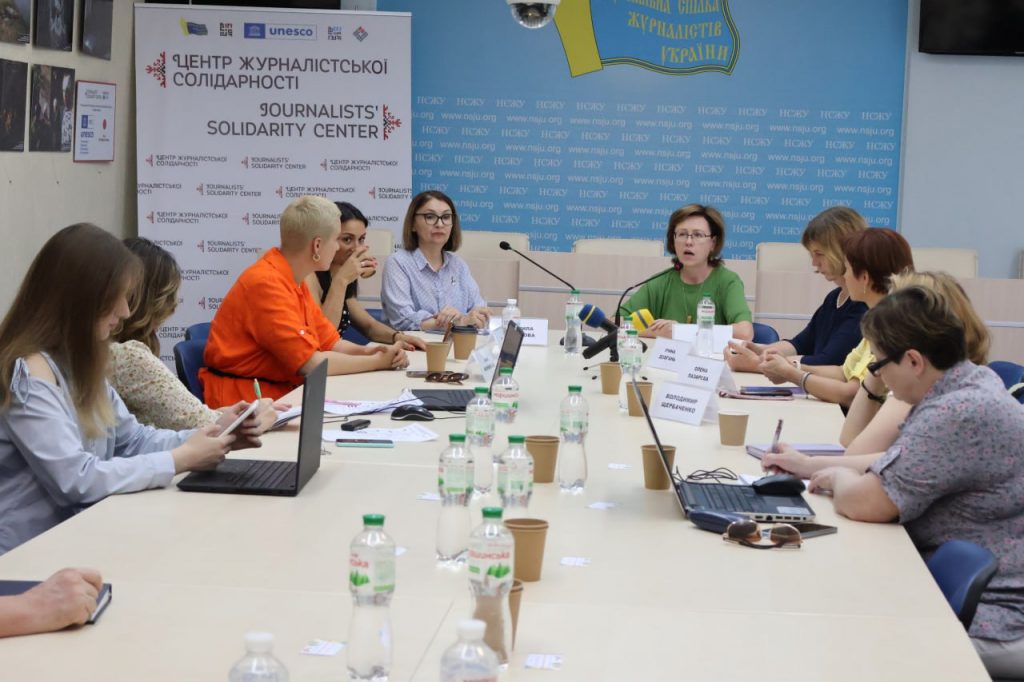
As earlier reported, the Journalists’ Solidarity Centers is an initiative of the NUJU implemented with the support of the International and European Federations of Journalists and UNESCO. The initiative is designated to help media representatives working in Ukraine during the war. The Centers operate in Kyiv, Lviv, Ivano-Frankivsk, Chernivtsi, Zaporizhzhia, and Dnipro and provide journalists with organizational, technical, legal, psychological, and other types of assistance.
UNESCO is the United Nations Educational, Scientific, and Cultural Organization. It contributes to peace and security by promoting international cooperation in education, sciences, culture, communication, and information. UNESCO promotes knowledge sharing and the free flow of ideas to accelerate mutual understanding. It is the coordinator of the UN Action Plan on the Safety of Journalists and the Issue of Impunity, which aims to create a free and safe environment for journalists and media workers, thus strengthening peace, democracy, and sustainable development worldwide. UNESCO is working closely with its partner organizations in Ukraine to provide support to journalists on the ground.
The designations employed and the presentation of material throughout this digest do not imply the expression of any opinion whatsoever on the part of UNESCO concerning the legal status of any country, territory, city, or area or its authorities or concerning the delimitation of its frontiers or boundaries.
The authors are responsible for the choice and the presentation of the facts contained in this digest and for the opinions expressed therein, which are not necessarily those of UNESCO and do not commit to the organization.
NUJU Information Service

 THE NATIONAL UNION OF
JOURNALISTS OF UKRAINE
THE NATIONAL UNION OF
JOURNALISTS OF UKRAINE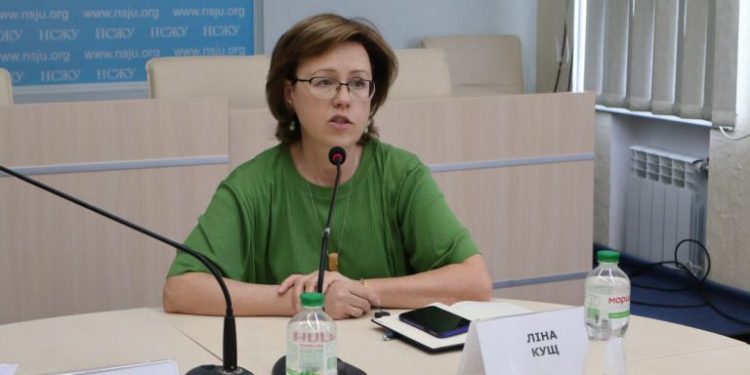
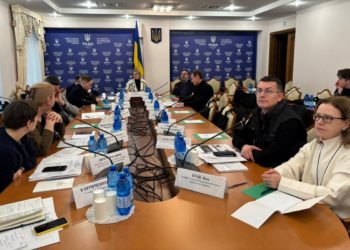
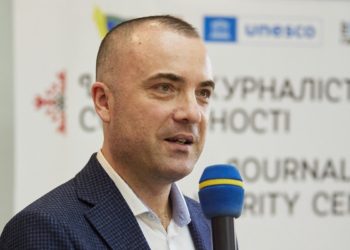
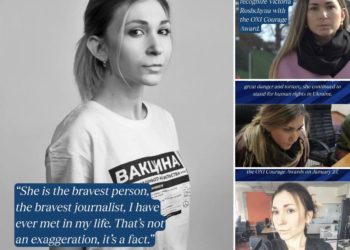













Discussion about this post